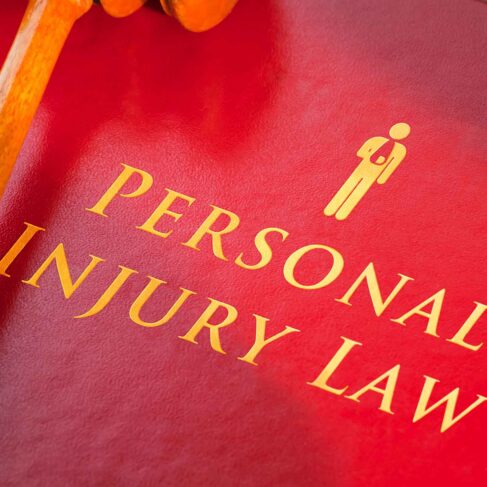Stay connected
Be the first to know about new programs, upcoming events, or other exciting opportunities happening at the University of Georgia by joining our mailing list.
About this course
What you’ll learn
In this comprehensive online course, you’ll learn about the fundamentals of criminal law, including key concepts such as punishment, burden of proof, and criminal defenses. You will gain insight into common crimes and basic legal terminology, along with how to analyze a crime thoroughly through its elements. The course covers important topics like mens rea and actus rea, reasonable doubt, defenses such as insanity, intoxication, duress, and self-defense, as well as complex concepts like conspiracy, accountability, and criminal statutes applied to corporations. Offered in partnership with CLS by BARBRI, this course will help you understand the elements of major crimes, including homicide, rape, battery, assault, larceny, forgery, robbery, and arson, and how causation and other legal principles influence criminal responsibility.

Learning objectives
- Analyze the foundational principles of criminal liability, including the concepts of punishment, mens rea, actus reus, and causation, to determine the culpability of individuals and corporations in diverse scenarios.
- Differentiate between various burdens of proof and evidentiary presumptions (e.g., reasonable doubt, inferences, mandatory and conclusive presumptions) to evaluate the strength of a criminal case.
- Apply the elements of specific defenses (e.g., insanity, self-defense, duress, intoxication, entrapment) to factual patterns, determining their potential success in negating criminal liability.
- Examine the elements and nuances of major common law and statutory crimes against persons (e.g., homicide, rape, assault, battery, kidnapping) and property (e.g., larceny, robbery, burglary, arson, forgery) to classify criminal acts.
- Assess the scope of criminal accountability, including attempt, conspiracy, and complicity for the acts of others, to predict potential charges and liabilities.
- Formulate a legal argument or case brief, integrating knowledge of criminal law limitations and specific crime elements, to address a complex criminal law problem.
Continuing Education Information
This is an accelerated course. Students will be expected to spend an average of 8 hours per week reading and completing writing assignments. Please note that extensions will not be granted for this online course. 70% is the minimum passing score on all tests and assignments for this course. Students may consider working ahead in the curriculum if they have the time. Coursework in Criminal Law is equivalent to 45 clock hours of study.
Requirements & policies
Prerequisites
Successful completion of Paralegal I and II, or equivalent experience.
Prices, course details, dates, and times are subject to change.
Contact us + FAQs
FAQs
View the most frequent questions asked by our learners
Financial and Military Assistance
Find out which programs are eligible for assistance
Accommodations
View our accommodation policy





